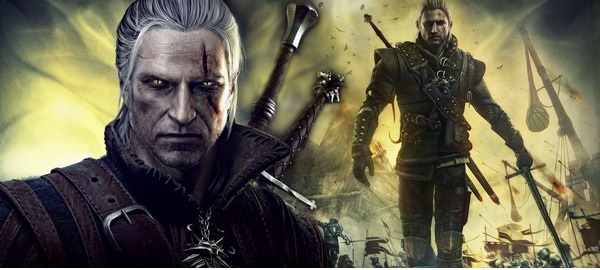A couple of days ago, we had the pleasure to interview CD Projekt RED’s Greg Rdzany – Senior Technical Producer at CD Projekt RED – and Balazs Torok – Lead Engine Programmer at CD Projekt RED. Although our full interview will be posted later this weekend, we felt the need to share with you some juicy details about why CDPR decided to create the REDEngine engine, and why it did not license CryENGINE or Unreal Engine.
When asked about it, Greg Rdzany told us:
“The short version: after our work on W1, which gave us a lot of experience with the Aurora engine, we concluded that ready-made solutions were not fully capable of giving us the creative freedom we were looking for. After evaluating different possibilities and exhaustive discussions we decided to start developing our own technology – technology that would fit our needs perfectly, not only in terms of rendering but also when it comes to tools. RPG games are very complex, so designers and artists require a lot of specialized solutions allowing them to create vast, believable worlds and compelling stories. We believe REDengine provides such support.”
Balazs Torok added:
“The big licensable engines are really great – there’s a team of experts behind them developing every little piece and this creates something that sets the bar really high for us – but we believe that these engines are also very general in their nature. We try to concentrate on all the features that make our engine and toolset especially good for making RPG games, and this specialization allows us to have a smaller team providing high quality solutions on par with the engines mentioned above. With that said, our engine is modular enough that it could be used to make different kinds of games if such a decision was made.”
Greg Rdzany concluded that CD Projekt RED is watching all the available commercial engines (Frostbite 3, CryENGINE and Unreal Engine 4) closely and that it wants to have its own impact on the technological development of solutions powering current AAA games:
“As for the available commercial engines, we are watching them closely. Companies like Crytek, Dice and Epic are pushing technological boundaries further and further every time they release new versions of their engines. We try not only to keep up the pace but we would also like to have our own impact on the technological development of solutions powering current AAA games.”
Stay tuned for our full interview!
John is the founder and Editor in Chief at DSOGaming. He is a PC gaming fan and highly supports the modding and indie communities. Before creating DSOGaming, John worked on numerous gaming websites. While he is a die-hard PC gamer, his gaming roots can be found on consoles. John loved – and still does – the 16-bit consoles, and considers SNES to be one of the best consoles. Still, the PC platform won him over consoles. That was mainly due to 3DFX and its iconic dedicated 3D accelerator graphics card, Voodoo 2. John has also written a higher degree thesis on the “The Evolution of PC graphics cards.”
Contact: Email

